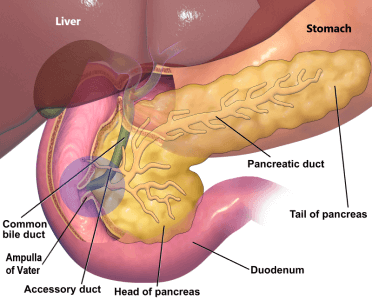Bile duct cancer is also called cholangiocarcinoma.
Liver bile duct cancer prognosis.
Bile ducts connect your liver to your gallbladder and to your small intestine.
When bile duct cancer does cause symptoms it s usually because a bile duct is blocked.
This causes inflammation of the bile ducts and scar tissue to form.
Bile duct cancer is a rare disease in which malignant cancer cells form in the bile ducts.
This condition also known as bile duct cancer is an uncommon form of cancer that occurs mostly in people older than age 50 though it can occur at any age.
Bile duct cancer forms inside your bile duct a thin tube that moves a fluid called bile to your small intestine.
The bile ducts are a series of tubes that transport digestive juices called bile from your liver where it s made.
Bile duct cancer is a rare form of cancer with approximately 2 500 new cases.
Learn more about the types causes risk factors diagnosis treatment and.
The type and grade of bile duct cancer affects your likely survival.
For example if the 5 year relative survival rate for a specific stage of bile duct cancer cholangiocarcinoma is 30 it means that people who have that cancer are on average about 30 as likely as people who don t have that cancer to live for at least 5 years after being diagnosed.
A network of tubes called ducts connects the liver gallbladder and small intestine this network begins in the liver where many small ducts collect bile a fluid made by the liver to break down fats during digestion the small ducts come together to form the right and left hepatic ducts which lead.
Grade means how abnormal the cells look under the microscope.
Cholangiocarcinoma is cancer that forms in the slender tubes bile ducts that carry the digestive fluid bile.
If the cancer is diagnosed at an early stage treatment might work better.
Cholangiocarcinoma is a rare and often fatal cancer that affects the bile ducts.

